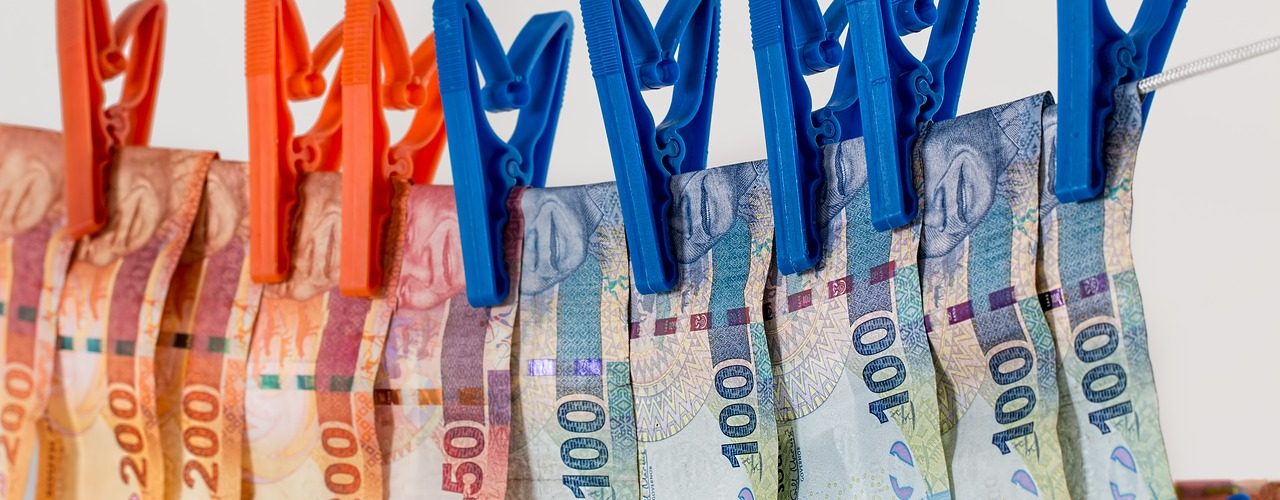On 3 October 2019, the European Court of Justice gave its judgment in case C-329/18 (SIA Altic). The Opinion in this case can be found here.
The case deals with VAT fraud in the supply chain, and the deduction of input VAT.
Artciles in the EU VAT Directive
Artciles 6, 18(2), 31, 168(a) of the EU VAT Directive 2006/112/EC.
Article 168
In so far as the goods and services are used for the purposes of the taxed transactions of a taxable person, the taxable person shall be entitled, in the Member State in which he carries
out these transactions, to deduct the following from the VAT which he is liable to pay:
(a) the VAT due or paid in that Member State in respect of supplies to him of goods or services, carried out or to be carried out by another taxable person;
Facts (simplified):
SIA Altic bought rapeseed from two different companies and deducted the input VAT paid on those transactions. The rapeseed was duly received and kept in a store (silo) belonging to the company SIA Vendo.
An inspection carried out by the Latvian tax authorities revealed that those companies were fictitious. The tax authorities therefore considered that the transactions had not taken place and ordered SIA Altic to pay (back) the corresponding VAT. SIA Altic sought the annulment of that decision. Both the first- and the second‑instance national courts ruled in its favour.
The Latvian Supreme Court wondered if SIA Altic should have known about the involvement of its co-contractors in VAT fraud, because it was active in the food sector and it was therefore obliged to verify its business partners to the higher than normal standard applicable in that sector.
The present case gives the European Court of Justice the opportunity to refine its case-law on the criteria to determine whether an operator ‘knew or should have known’ that he was participating in an operation connected with VAT fraud for the purposes of refusing the right to deduct. In particular, the Court is asked to what extent, if at all, specific sectorial obligations applicable to operators active in certain fields, such as those pertaining to food law, are of relevance for the general tax assessment of whether or not an operator was or should have been aware that he was involved in a transaction connected with VAT fraud.
The Latvian Supreme Court asks the following questions to the European Court of Justice:
‘(1) Having regard to the aim of ensuring food safety (which is achieved, amongst other means, by ensuring food traceability), should the VAT Directive be interpreted as not precluding a refusal to allow deduction of input tax where the taxable person involved in the food chain, in choosing his co-contractor, has failed to demonstrate greater diligence (beyond normal commercial practice) entailing, in essence, a requirement to carry out checks on his co-contractor, but where he has at the same time verified the quality of the foodstuffs?’
Judgment
The ECJ rules as follows:
1. Member States are not allowed to refuse a taxable person who participates in the food chain the right to deduct input value added tax (VAT) on the sole ground, assuming that it has been duly established, that that taxable person has not complied with his food law obligations, that require the taxable person to identify his suppliers for the purposes of traceability of foodstuffs. Non-compliance with those obligations may, however, constitute one element among others which, taken together and in a consistent manner, tend to show that the taxable person knew or should have known that he was involved in a transaction involving VAT fraud, which it is for the referring court to assess.
2. The failure, by a taxable person who participates in the food chain, to ascertain that his suppliers are registered with the competent authorities, to ensure the verification of compliance with feed and food law, animal health and animal welfare rules, is not relevant for the purpose of determining whether the taxable person knew or should have known that he was involved in a transaction involving VAT fraud.
Source: Curia















